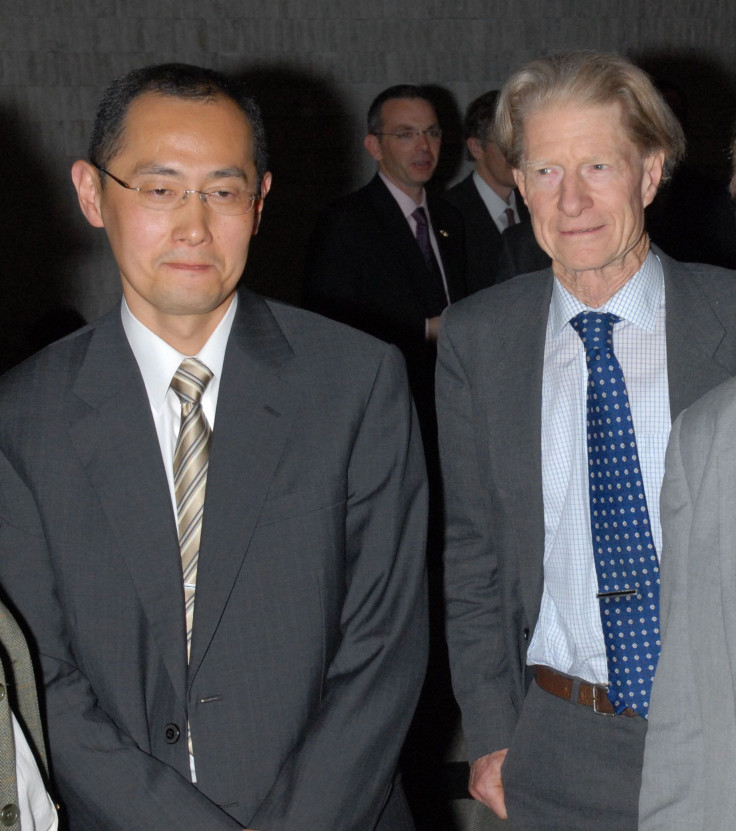Nobel Prize for Medicine Goes to British, Japanese Scientists for Stem Cell Research

Two researchers, John B. Gurdon, 79, from the UK and Shinya Yamanaka, 50, from Japan have won the 2012 Nobel Prize for Physiology or Medicine for their contribution to the field of stem cell research. "These groundbreaking discoveries have completely changed our view of the development and cellular specialisation," said a press release from The Nobel Assembly at Karolinska Institutet.
Sir John B. Gurdon, in 1962, had demonstrated, through experiments with tadpoles, that the DNA of an organism had all the information it needed to develop all cells in the organism. Interestingly, Gurdon said in an interview, published in 2008 in the Journal of Cell Biology, that when he was at school he was strongly advised against becoming a scientist. He said that one of the teachers wrote in a report that "it would be a sheer waste of time both on his part and of those who would have to teach him."
John Gurdon was knighted in 1995 and has an institute named in his honor, (the Wellcome Trust/Cancer Research UK Institute for Cell Biology and Cancer was renamed the Gurdon Institute) in his honor for his contributions to science.
The other scientist who won Nobel Prize for Physiology Medicine this year is Shinya Yamanaka who discovered that adult cells can be reprogrammed to become unspecialized cells. A few genes could turn back the adult stem cells into cells that can differentiate into any kind of cells or the pluripotent stem cells.
"Textbooks have been rewritten and new research fields have been established. By reprogramming human cells, scientists have created new opportunities to study diseases and develop methods for diagnosis and therapy," said the press release.
The researchers always believed that Yamanaka was a future Nobelist, as Carla Garnett wrote in an article on Yamanaka's speech at an event in 2010. At that time, the National Institutes of Health Director Dr. Francis Collins had said that many in the field of science believed that Yamanaka "will no doubt enjoy a trip to Stockholm sometime in the not too distant future, given the way this observation has emerged as perhaps one of the most exciting developments in science in the last decade."
The scientists will be sharing the $1.2 million prize equally, Reuters reports.



























